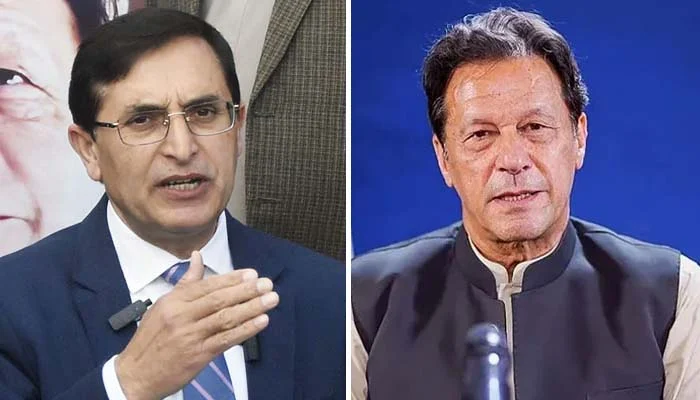PTI lawmakers aligned with the Sunni Ittehad Council (SIC) have once again withdrawn from their parliamentary responsibilities. Nineteen members submitted resignations from various standing committees of the National Assembly, a move widely seen as being made under the instructions of party founder Imran Khan. Critics say this decision proves PTI is not serious about playing a positive role in the assemblies.
Speaker’s Office confirms resignations
Officials at the Speaker’s Office confirmed receiving the resignations. More SIC members are also expected to quit by September 1. This shows a clear strategy of walking away from institutional roles instead of constructive engagement.
Who resigned so far?
The lawmakers who stepped down include PTI Chairman Barrister Gohar Ali Khan, Chief Whip Aamir Dogar, spokesperson Sheikh Waqas Akram, and Sher Afzal Marwat. Other names on the list are Junaid Akbar, Ali Asghar Khan, Sanaullah Mastikhel, Amjad Khan, Shehryar Afridi, and Iqbal Afridi. The wave of resignations began with Faisal Amin Gandapur and spread across the SIC bloc.
Gohar’s justification
Barrister Gohar, who resigned from four committees, told the media that PTI lawmakers tried hard to remain in the system. “Despite injustices and sentences against our leaders, we still called for dialogue. But nothing happened. There are no negotiations anywhere now,” he said.
He claimed PTI had a mandate of 180 seats, but only 91 members were allowed in the Assembly. “Our voice is being suppressed. We are not being heard. That is why we resigned from all committees,” he added.
Committees vacated by PTI lawmakers
Barrister Gohar confirmed he stepped down from the Information Technology Committee, Law and Justice Committee, Human Rights Committee, and Business Advisory Committee. Other members also quit important bodies, leaving gaps in parliamentary oversight.
A political strategy, not participation
Analysts believe this collective resignation shows PTI lawmakers are following Imran Khan’s directive of confrontation instead of contribution. Rather than addressing people’s issues inside the House, they continue to abandon their parliamentary roles, undermining the purpose of democratic representation.


